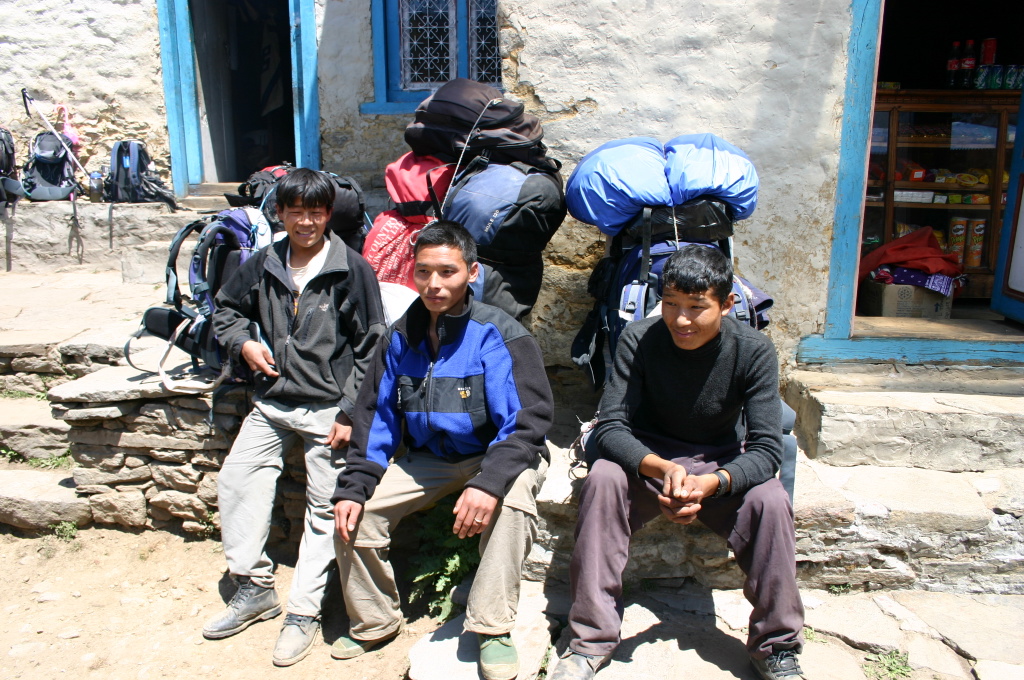
Porters Rights
PORTERS RIGHTS
Adventure Alternative has long been campaigning for more responsible policies towards employment of local people, including porters, and sharing the benefits of tourism more fairly with local communities. We have also been leading by example through our business practice and our development work in association with Moving Mountains.
There are still some popular misconceptions about the employment of porters and local staff. One of which is that you are travelling more responsibly by not using porters. This ignores the fact that responsible employment of porters is a good way to share the economic benefits of your trip directly with the people whose homeland you are travelling through. This, of course, hinges on the need to agree on fair payment and terms of employment. Paying too much for goods and services can be as destructive to the local economy as paying too little in that it can lead to inflated prices that the rest of the local community cannot subsequently afford to pay. It is in matters such as choosing the right wages where it is vital to building up a long-term, two-way and trusting relationship with local staff. This is something that Adventure Alternative has long championed by setting up local companies, staffed by local people.
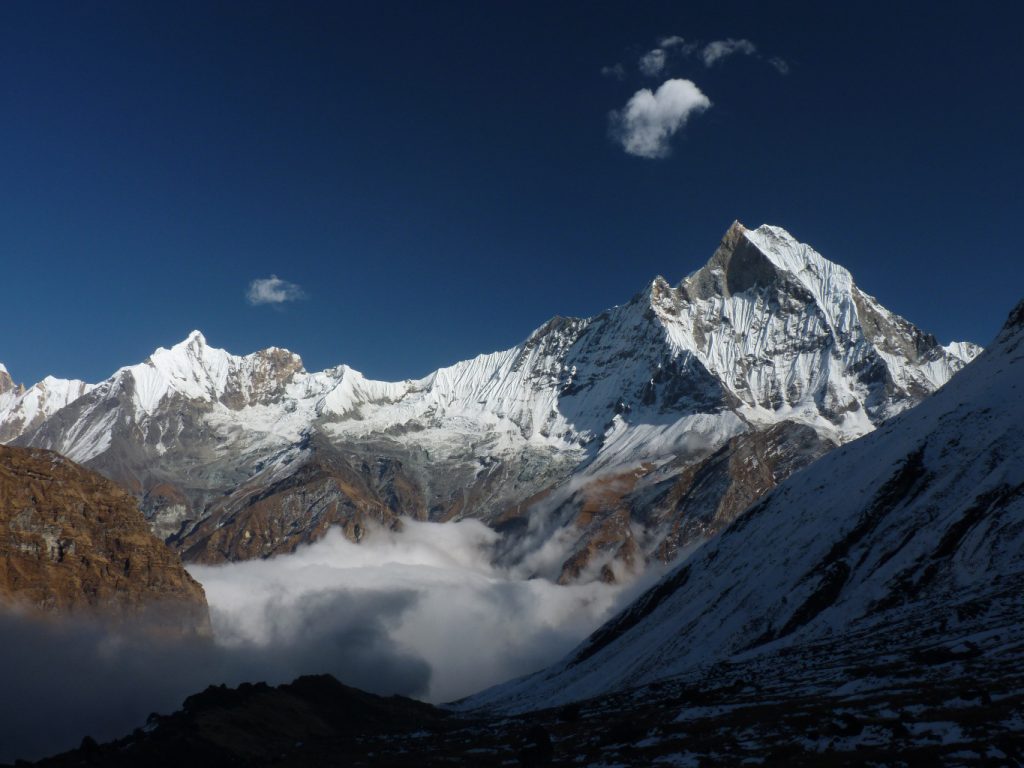
The porters of Nepal and other areas we operate in are treated with respect and have proper training.
The following gives the general Adventure Alternative policy on the terms of employment on which porters are employed by us. It also acts as a memorandum of agreement between the UK office and our in-country offices or in-country providers.
1. THE RELATIONSHIP BETWEEN UK TOUR OPERATOR AND DESTINATION COUNTRY GROUND AGENT
On the vast majority of Adventure Alternative treks, climbs and expeditions the staff will be employed directly by our own in-country company. This ensures that we have direct and unambiguous responsibility for the working conditions of all staff associated with the trip.
In the cases where a third party ground-handler is used for all or part of the trip, a working partnership will have been established through which the third party is given clear and unambiguous guidance as to the working conditions that must be established for all staff, including porters. This guidance is delivered in person and also via this document, which is considered a memorandum of understanding.
2. RELATIONSHIP WITH HEAD PORTERS / SIRDARS / GUIDES
In almost all situations, a full-time representative of our in-country or UK office will be present on the trip and will hence act to coordinate and monitor the management of staff and porters on the trip. All in-country staff who are placed in a position of responsibility for other staff members have established a good working relationship with staff and have a proven track record or fair and responsible leadership.
In-country representatives/head porters/sirdars/guides are authorized to use specific funds to pay for porters to be evacuated and treated in case of sickness or accident without their own remuneration being affected. Insurance policies for the coverage of staff and porters are in place where appropriate and practicable.
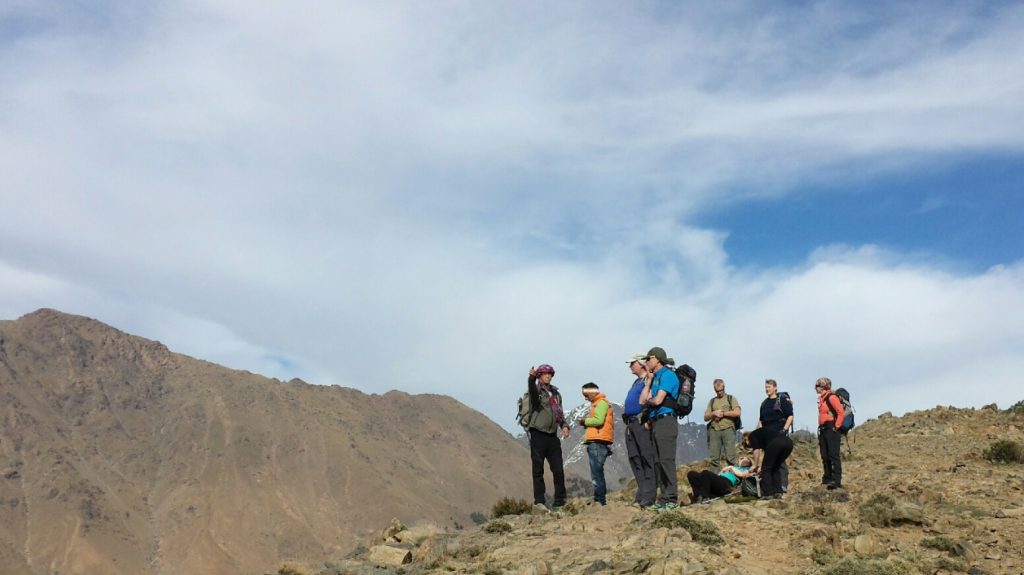
3. COMMUNICATION WITH PORTERS’ GROUPS
Direct channels of communication are established with porters, porters’ organisations and the communities from which the porters come. This is often via our in-country offices and directors or, on occasion via our in-country contacts. Porters or their representatives are involved in decision-making processes where relevant.
4. TERMS OF EMPLOYMENT AND SPECIAL PROVISIONS
Porters are hired through formal verbal or written contracts, setting out the terms of employment as well as the rights and responsibilities of porters on a short-term (trek-by-trek/seasonal) or longer-term basis. Porters or their resident community collectively witness and approve the content of their contract.
The minimum age for porters shall be 16 years of age unless specific mitigating circumstances are identified and approved by the UK office.
Where in-country provision makes it feasible, Adventure Alternative has insurance policies in place that cover all staff, guides and porters. In locations where this is not practicable the trip leader has at their disposal sufficient funds and authority to be able to fund any necessary evacuation and healthcare provision for staff, guides and porters.
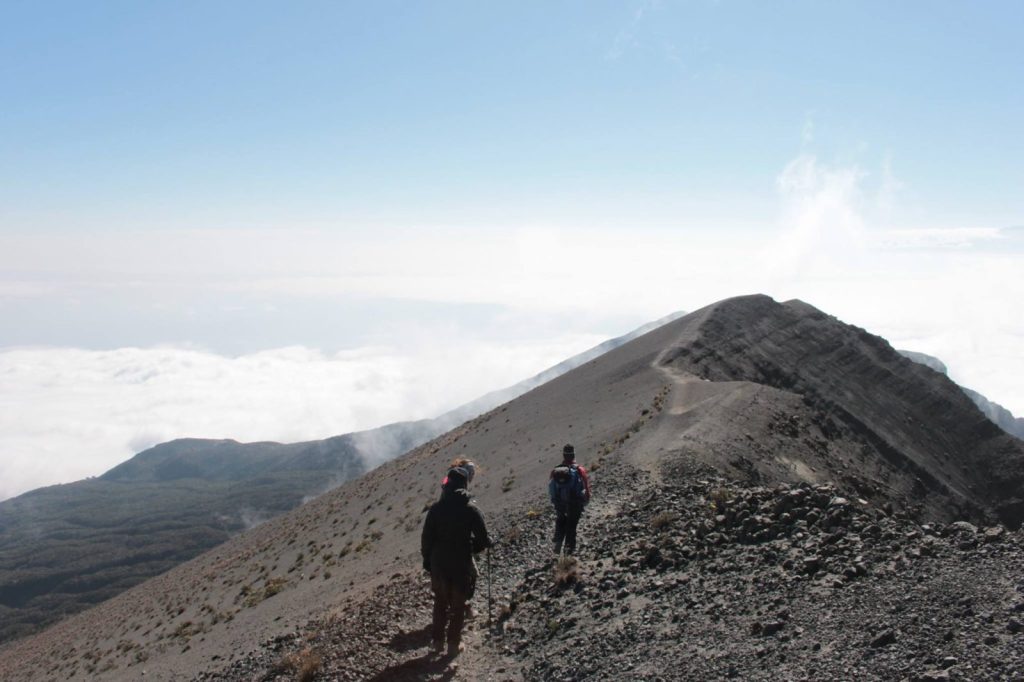
5. WAGES
Porters shall be paid a stable and fair basic wage that does not rely on tips to make it economically viable. This figure is based on research into the local economic situation and average wages in the country, as well as consultation with porters groups and local NGOs, This also takes into account the particular aspects of each trek. This may include season, experience needed, distance from porters’ homes etc.
Provision shall be made for porters’ food and accommodation so that they do not have to provide for this out of their wages.
Tips shall be considered an optional contribution by clients and must not be relied upon to make employment for the porters economically viable. This must be explained to both porters and clients. All tips given shall be collected into a general ‘pot’ and then distributed openly and fairly by the head porter/sirdar/guide according to local customs. The giving of personal tips must not be adopted as it can create unfair payments and resentment through the porter team and can sometimes encourage cynical false-friendliness by porters keen to encourage larger personal tips. Guidance on tipping amounts can be found on our website or from the head porter/sirdar/guide.
6. TRAINING
Where relevant, porters’ training covers basic safety issues, in order to safeguard both porters’ own health and that of other staff and clients. For example, this will include symptoms of altitude sickness, dehydration etc. Opportunities for training are provided to those porters who wish to further their education, career and personal development.
7. EQUIPMENT
Equipment appropriate to each stage of each particular trek shall be provided to porters, including; sleeping tents, protective clothing, carrying equipment and kerosene for their own use.
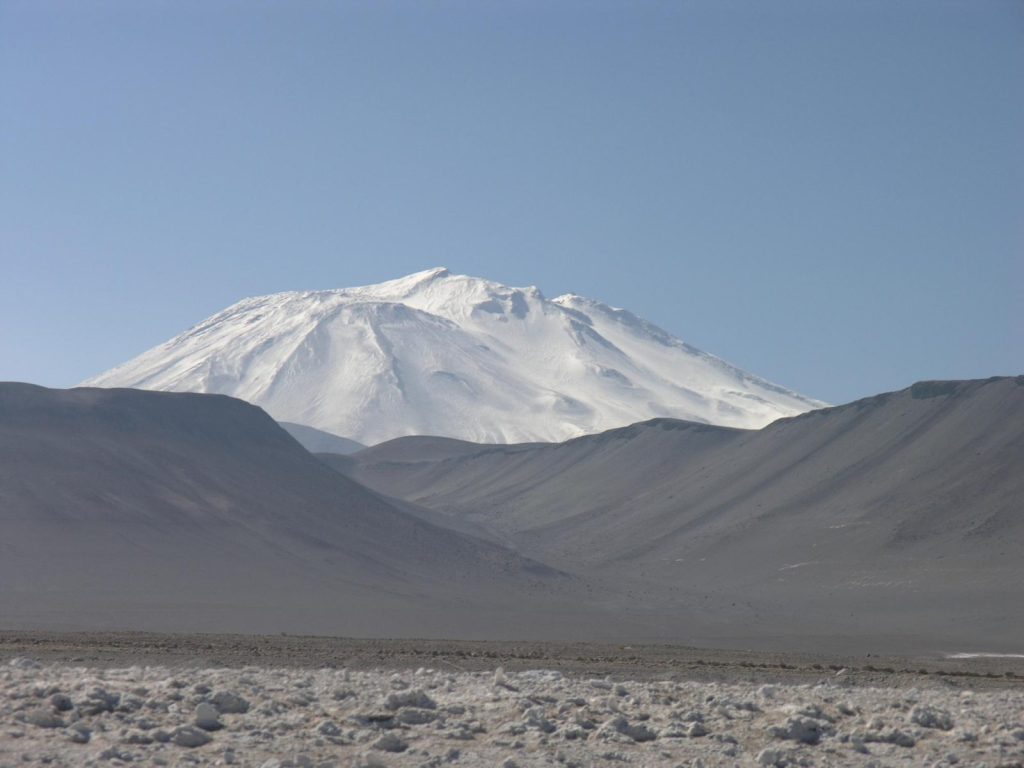
8. LOADS
A maximum load is set and porters shall not be asked to carry more than this under normal circumstances:-
Mt Kilimanjaro/Meru = 20kg, Mount Kenya = 20kg, Nepal (Trekking) = 30kg, Nepal (Climbing) = 20kg, Morocco (Trekking) = 25kg, Peru = 25kg, Pakistan = 25kg, In all other cases = 30kg.
The amount of trekkers’ luggage and equipment that porters are expected to carry shall take the weight of porters’ own personal loads into account.
Where younger workers are employed as porters, the maximum weight of their loads shall be adjusted accordingly.
9. CLIENT AWARENESS AND BEHAVIOUR
Clients are provided with detailed pre-trek information on porters via our website and in-country representatives upon arrival. This will enable them to understand the issues confronting porters, be aware of the conditions that porters should be working under and to adopt responsible behaviour in their own practice.
Porters and clients are introduced by name at the start of a trek. Where appropriate, each porter is personally assigned to specific client(s) on a trek. However, personal tipping is not to be made as this can create difficult and unfair net gross wages for individual porters. (see section 5)
10. MONITORING
Representatives from the UK or in-country offices make regular unannounced visits to the ground agent to ensure that all contractual agreements are being met. They also regularly take part on treks to monitor policies on porters on the ground. Porters’ representatives are consulted during post-trek debriefing sessions and through subsequent correspondence.
If you have any further queries regarding our policies on employment of porters and local staff, that have not been addressed in the above, then please do feel free to contact us by email or telephone to discuss it further.
Book Your Adventure of a Lifetime Now
Discover our trips to other Countries
Adventure Alternative Articles
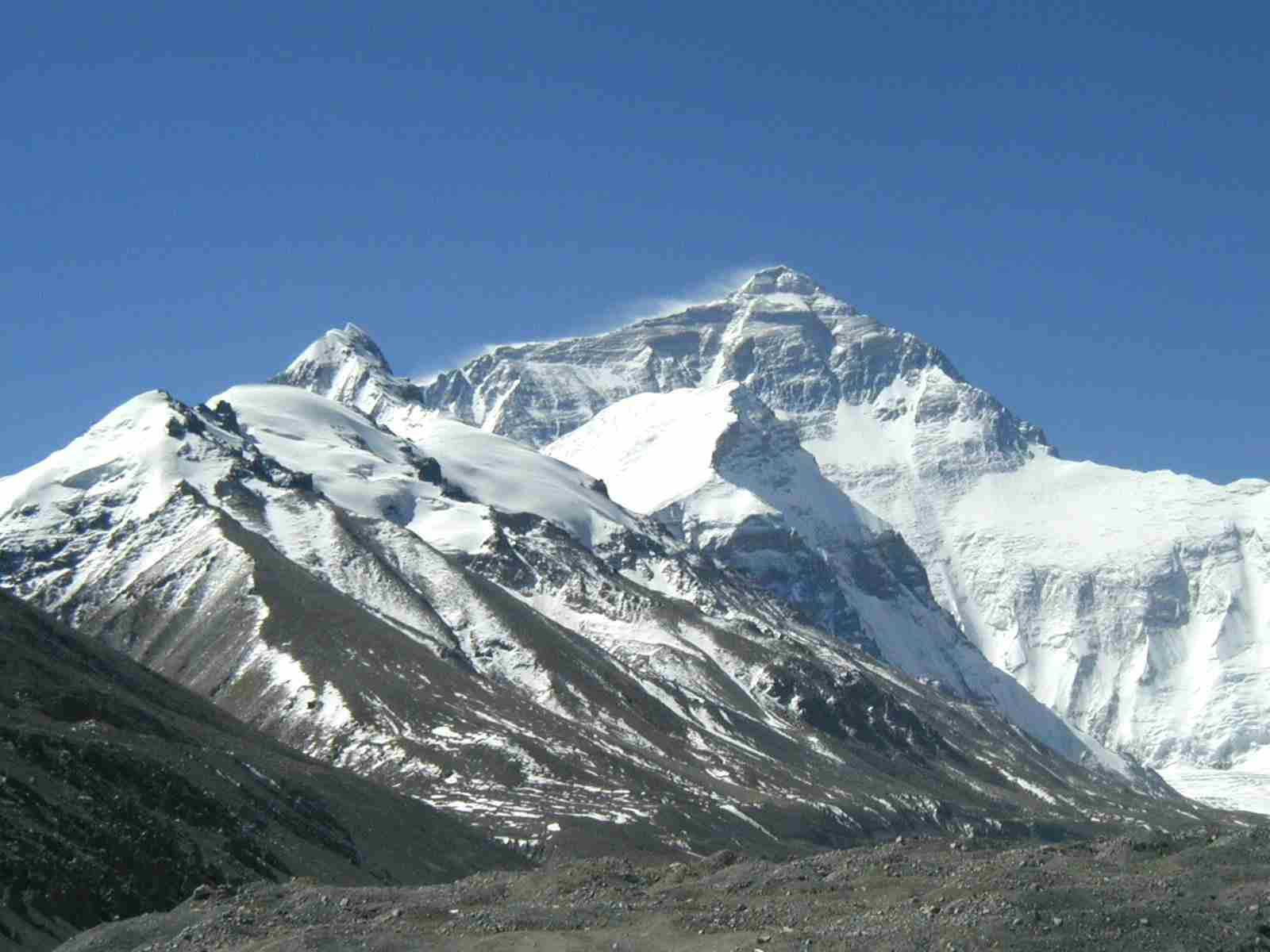
12 MONTHS, 12 MOUNTAINS
Climbing Calendar Ready for World Mountain Day In celebration of World Mountain Day, we've created a calendar for the year to make it easy for...
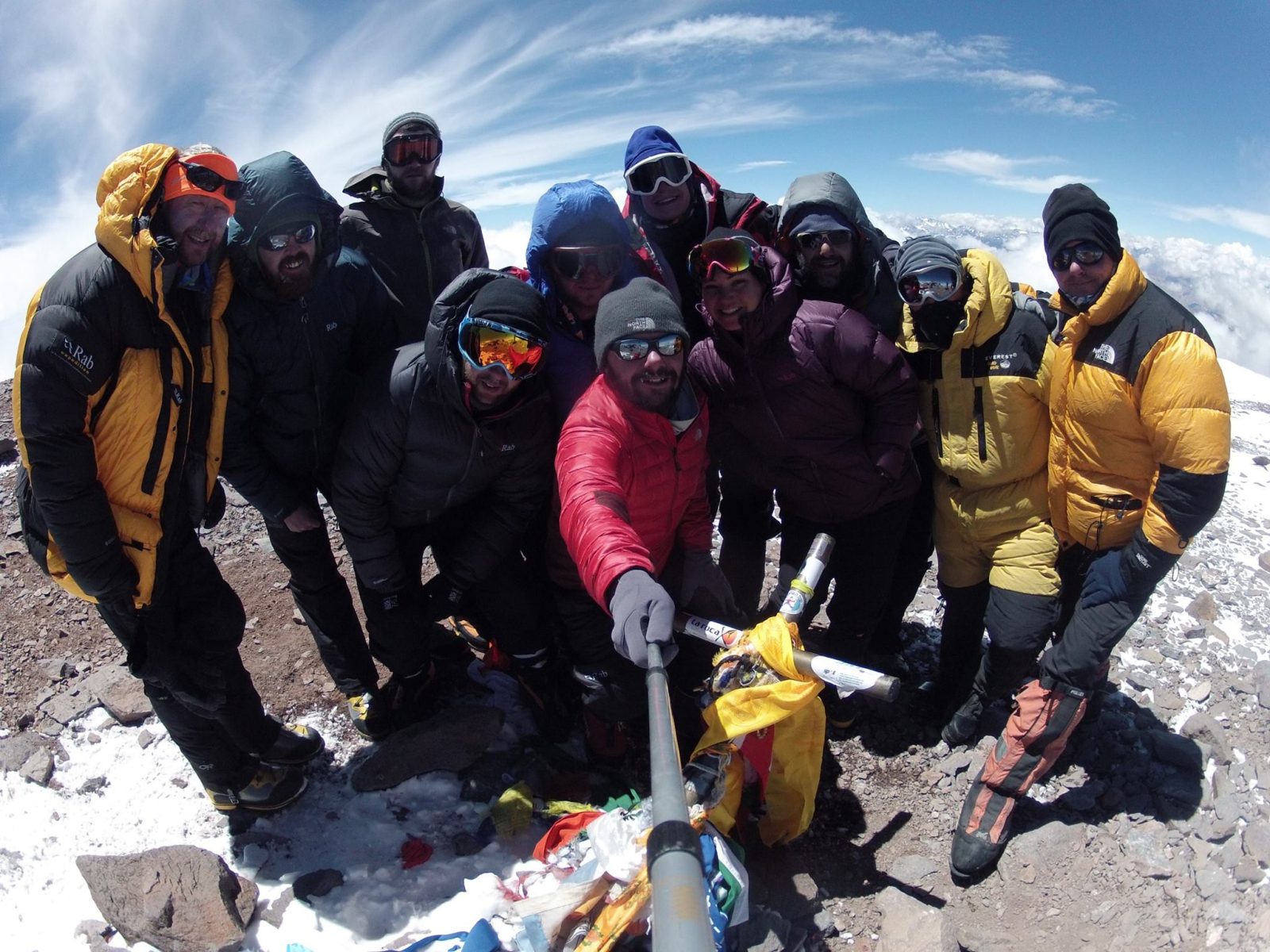
Mount Aconcagua Trip Review
January 2016 This year we had a team of twelve clients from four different countries – Iran, Ireland, England, South Africa and Argentina –...
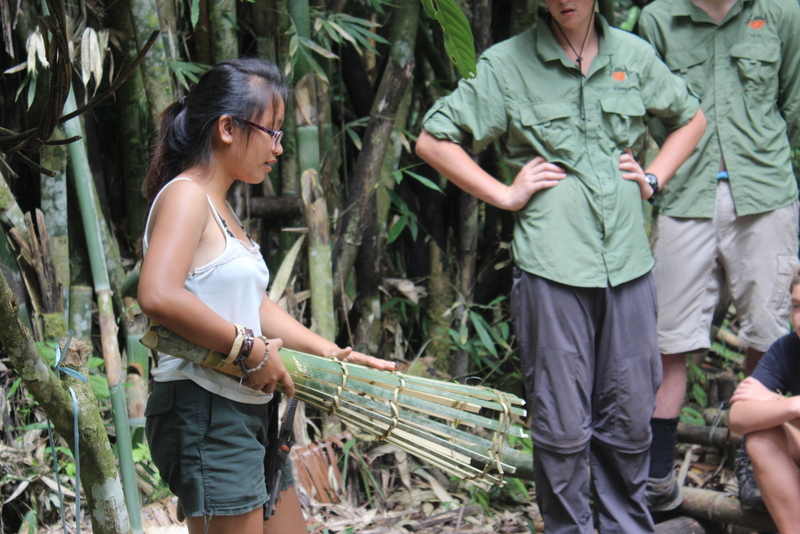
Alcey’s Survival Skills Course at Lupa Masa Jungle Camp
SURVIVAL SKILLS COURSE AT LUPA MASA JUNGLE CAMP | ADVENTURE ALTERNATIVE In celebration of International Rural Women’s Day, we’re talking...